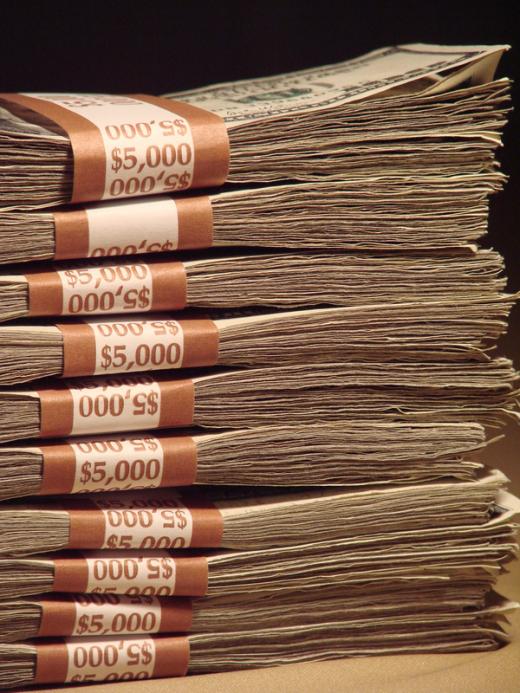I grew up in a world with consequences. Newtonian physics ruled that every action have an equal and opposite reaction.
Some things I did in life had unpleasant consequences. Lying or speaking crudely got your mouth washed out with soap, usually Ivory.
Other bad behavior ended up with me bent over the wash bench in the basement getting a spanking. I still have that wash bench, a grandmotherly heirloom nearly 150 years old.
Santa really kept the list of the naughty and nice kids and you really didn’t want to mess with Christmas. Exploring the wonders of smoking ended badly when my friend Slater and I smoked a pack of Camels in a half hour and we were both a tad green.
I never went back, regardless of the coolness of the cigarette advertising. Later, speeding got me a couple tickets from state troopers that cost me money I really didn’t have. Dad didn’t help with this either.
My introduction to alcohol and beer had their own consequences and I learned very quickly that hangovers were not fun. Fortunately, I went to college before student loans, so when money ran low, I dropped out of college for a semester or two and worked to put away enough for another semester or two at Penn State.
Penn State was very accommodating to my financial strategy. Thank you, PSU. It took a little longer to graduate, but I got my diploma without an attendant pile of debt to repay.
Because my parents were children of the Great Depression, being frivolous with money wasn’t tolerated. Not having money was viewed as a direct consequence of bad spending habits. When I grew up we were expected to bear the consequences of our choices in life without bailouts from parents, grandparents, friends or governments. It was a learning experience.
As anyone who is required to take distributions from their taxable IRA knows, the past fifty years have gone by very quickly. I awaken now in a world with a lot fewer consequences for bad actions. Indeed, financial consequences seem to be upside down, with prudent folks being punished for saving while debtors are getting all kinds of relief.
Badly run banks, investment firms and auto companies are now too big to fail (no consequences) and are bailed out to unfairly compete with those businesses that are run prudently. Being self-reliant and a contributor to the community seem to be less important.
I have been reminded by the President that I didn’t build my company, somebody else did. Then why did I work those long hours all those years for so little immediate return?
Now we are in the middle of Quantitative Easing III (QE III) where the Federal Reserve creates eighty-five billion dollars a month to buy government bonds and mortgages to ostensibly stimulate the economy. In reality, the Fed is accommodating the excessive spending by the federal government, making money available and keeping interest rates painfully low for retirees and savers but cheap for debtors, especially government.
Normally, such a rapid expansion of the money supply would lead to rapid inflation (the consequence of printing or creating money). The bulk of inflation, however, seems to be in stock prices and the collectibles markets. So I invest in stocks, but I don’t trust the price levels because they appear to be a product of creating excessive amounts of money.
My clients have to invest in stocks to earn a reasonable return since the traditional choices (treasury bonds, bank savings and the like) offer nothing useful. Yet probably because of my upbringing, I am concerned about the ultimate consequence of excessive monetary easing.
Federal Reserve Chairman Bernanke tells us (and Janet Yellen probably will, too) that they can adjust QE III in the nick of time to avoid any adverse financial consequences. I remain skeptical. So I invest, because I have to, but I commit only to investments I can sell immediately if the consequences start to appear.
Many folks seem to believe or hope we are now in a new financial world without consequences. I don’t believe it for one moment. Have I outlived my usefulness as an investment advisor and portfolio manager? Nope.
My gut tells me it is only a matter of when the consequences arrive not if. This brings to mind the notion of creating reserves in the seven good years in order to get one through the seven lean years that inevitably follow. Does my upbringing guide me correctly or does it blind me to the notion that consequential lean years might never arrive?
Popular Stories:
Penn State Football: Senior Day, A Capsule Look at All 17 Nittany Lion Seniors
The Team That Really Controls the Field at Penn State’s Beaver Stadium



